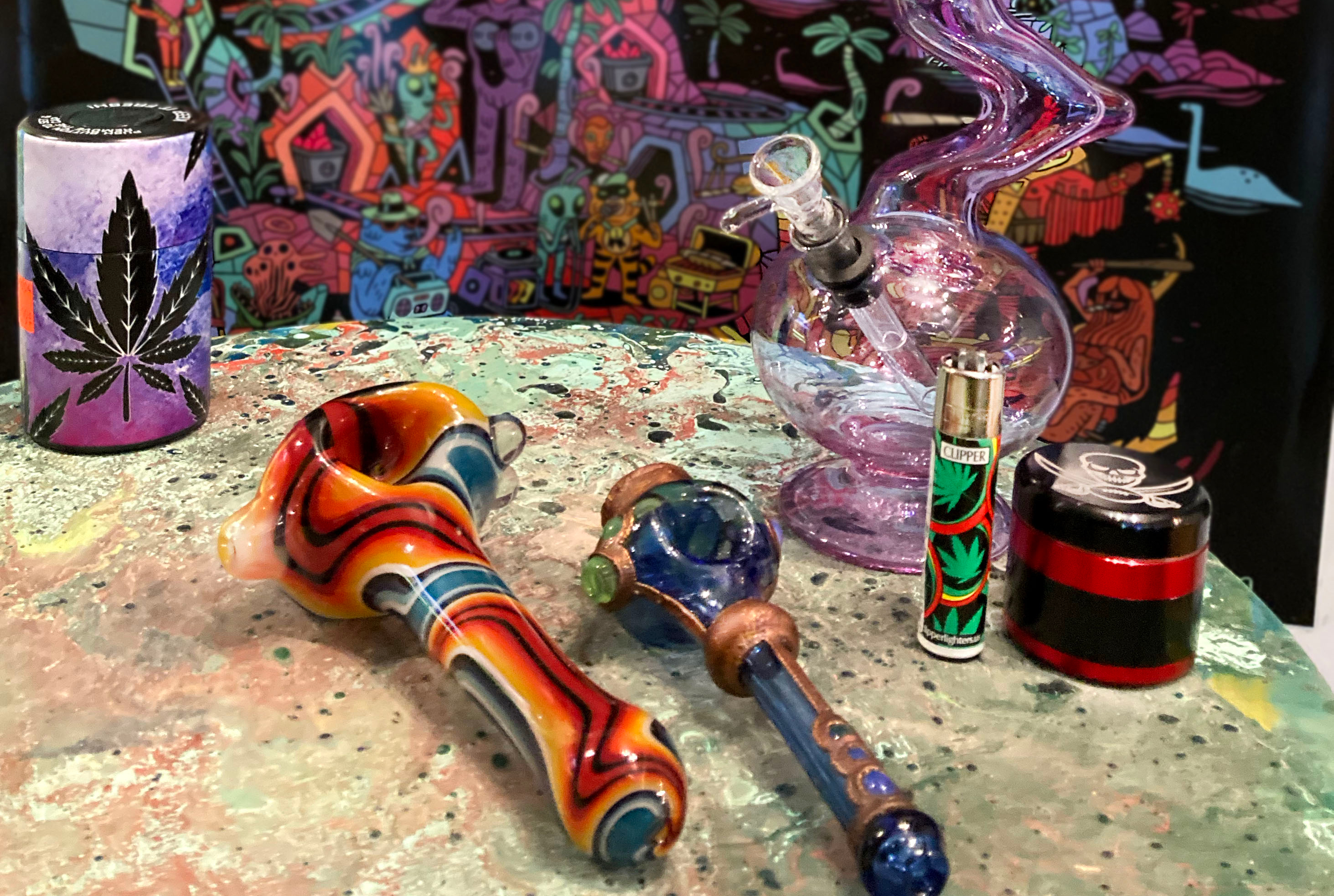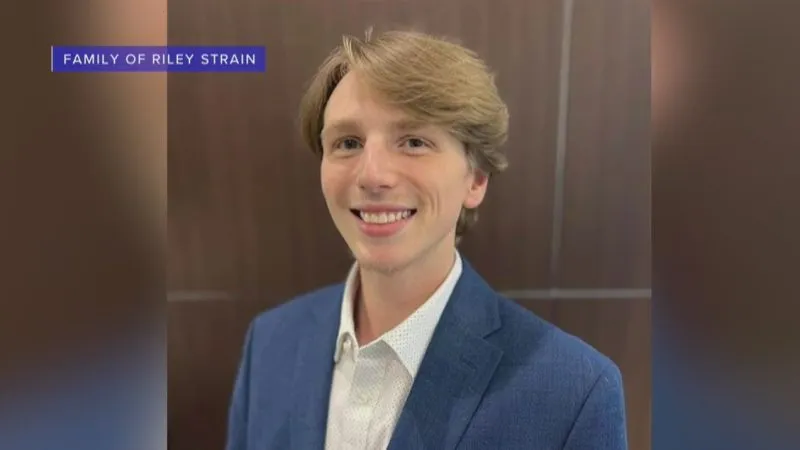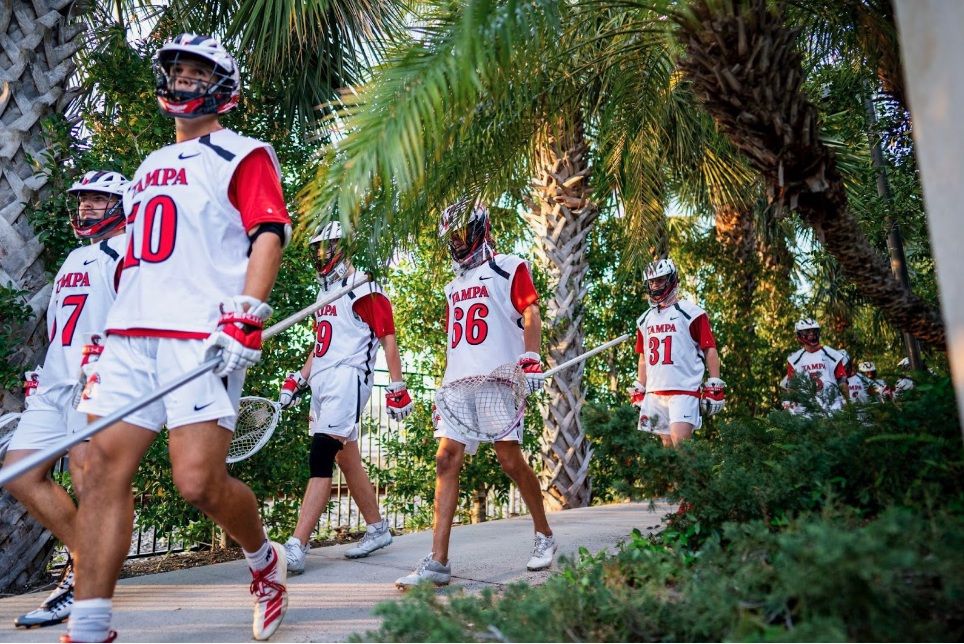By Emma Friedman & Sydney Rhodes
“I’ve actually never been caught selling, but I have been caught with my own [marijuana] in possession,” said an anonymous sophomore at The University of Tampa who prefers to go by the name Jack.
Since beginning his drug dealing hustle during his sophomore year of high school, Jack has never been caught in the act, though he has had some close calls.
After leaving a party six months ago, Jack was stopped by police. The police officers had just infiltrated the party and students were leaving the property. They noticed Jack’s backpack and told him to open it.
“They found two grams of [marijuana] and I got a small charge and had to go to court and everything,” said Jack. “Luckily, my backpack didn’t have all the drugs in it that I started with that night. I sold like three grams of cocaine, two grams of [THC concentrate] and like four Xanaxs’ that night. So, I played it off like the two grams of [marijuana] was just for my own use.”
Jack appears to be an average college student. He attends class, does homework, and spends time with his friends, like many others.
In 2018, the annual rate of marijuana use for college students hit a new high at 42.6%, according to a survey conducted by the National Institute on Drug Abuse. One in 17 of the college students surveyed said they participated in daily use of marijuana.
“Right now I currently sell THC cartridges to students on campus. A lot of students are worried about smoking [marijuana] in their dorm rooms and on campus because of the smell,” said Jack. “Cartridges are the best way around that.”
Jack is not the only one who has noticed the high demand. Over the last few years, cartridges, also known as marijuana vapes, have grown increasingly popular.
According to a study conducted by The University of Michigan in 2019, the number of students who said they vaped marijuana in the last 30 days rose by 5.7% between 2017 and 2018.
“They’re very popular. I have sold a number of products… [marijuana], cocaine, Oxycodone, Xanax, and [THC concentrate],” said Jack.
A UT senior who also chose to remain anonymous and be referred to as Chris, has put his drug dealing days behind him. The last time he dealt drugs to students was two years
ago during his sophomore year. He started six years ago at the ripe age of 16 years old.
“The money and popularity was great,” said Chris. “I stopped selling because it became too difficult to get the money to my dealer out of state and I was too concerned I would get caught.”
Like Jack, Chris sold a variety of drugs such as marijuana, THC cartridges, THC pills, LSD, THC concentrate, and marijuana edibles.
The two received their supply from people illegally, rather than a dispensary. Without knowing where the drugs they sell are made, it may put them at a higher risk.
In 2017, Florida passed a law which states that a dealer is to be convicted of murder if a buyer dies using their supply. During a case in 2018, this law came to light after a man died using synthetic opioid fentanyl. The person he bought it from was charged with his murder.
Despite Chris’ selling days being behind him, Chris trusted his supplier and even used the drugs he sold.
“Yes, [I used] all of them. That was a good thing about being a drug dealer. I always had access to drugs if I wanted them,” he said.
While he saw having access to drugs as a perk, another he considered was the money.
“The weeks varied. It’s hard to define a prime number because it’s so back and forth from how many customers I had and how much product I had on hand at one time,” Chris said. “In my best weeks, I averaged about $1,000 a week in profit.”
Jack shared a similar experience.
“I make a lot. It’s the reason I continue doing what I’m doing,” said Jack. “Right now while I’m selling carts, I make about $1,200 a week in profit. It’s a pretty good gig for a student in classes.”
Despite knowing the risks involved breaking Florida law’s and his potential expulsion from UT, Jack continues to sell for extra income.
“I’m worried every time I deal. I think about the SWAT team busting into my room every time,” said Jack. “All it takes is one person that doesn’t like me to rat out on me and my life is over. It’s really scary at times. You can’t trust anyone.”
The 2020-2021 Student Code of Conduct Handbook at UT states that “possessing, consuming, distributing, manufacturing, purchasing or selling narcotics, controlled substances, illegal or illicit drugs, prescription or non-prescription drugs, or other chemical substances, compounds or combinations when used to induce an altered state except as expressly permitted by federal and Florida law,” violates the university’s code of conduct.
Students who are found in violation can face severe punishments, not only with the Florida law, but potential expulsion from the university.
A UT senior who requested anonymity under the name Ashley, had an incident with student conduct during her freshman year.
“It was honestly so scary. Undercover cops were yelling at me to put my hands up. They told the school and I ended up being put on deferred suspension for a year and probation the year after,” said Ashley. “That one dumb night followed me into my junior year.”
Although Ashley was not selling drugs, she possessed a decriminalized amount of marijuana at the time and was located off campus. She still received punishments for her drug use through Student Conduct.
When a UT student is determined responsible for misconduct, incident reviewers will determine sanctions, according to the Student Code of Conduct Handbook. All disciplinary actions are progressive, educational and assigned based on the severity of the misconduct.
Ashley’s punishments from Student Conduct included paying over $200 in fines, drug testing, mandated therapy sessions, an online course, and 10 hours of community service.
When Chris was still actively dealing he had a frightening experience with police. He said at the time he had two ounces of marijuana, a bong and alcohol in his car. The police officers had only made him pour out the alcohol and drive home. He said they were unaware of the illegal substances in the vehicle.
“Experiences like that were always scary,” said Chris. “Sometimes the money isn’t even worth it.”
Jack didn’t grow up expecting to deal drugs in college. In fact, he used to look down upon them. However, he continues to deal drugs today and believes his reasoning is more understandable than others.
“I used to think people that sold drugs were bad people. But, here I am doing it and my perspective has changed. In my head, I feel like I’m doing a good thing sometimes,” Jack said. “Yes, I’m selling drugs to underaged students and things that are illegal. But, I’m also paying for my own school and supporting my family at times back home. I think that you do what you have to make it in this world.”




